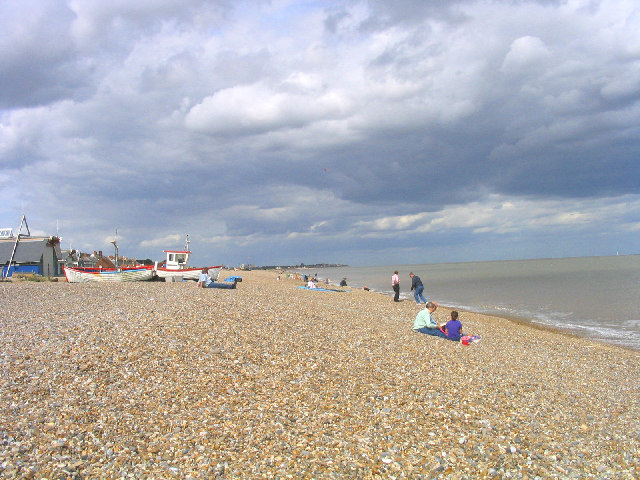Best of the Blogs
It’s the lazy days of August and the blogs are quiet, but there are still posts of interest. I know I link to Mirror of Justice quite a bit, but it’s just that good. They have a great discussion of the Park 51 project in New York.
Over at Opinio Juris, Hofstra’s Julian Ku is impressed with criticisms of the International Court of Criminal Justice’s assertion of jurisdiction over “agression” by Hertitage’s Brett Schaefer and George Mason’s Jeremy Rabkin. He offers the following money graph from Rabkin:
The problem is that, in the absence of a world legislature, advocates of international law tend to treat silence as consent (and they treat incoherent mumbling as equivalent to silence). That is how “consensus” leading to new “customary international law” gets established. A new “consensus” gained a lot of momentum at Kampala without any serious opposition from the United States. The world took another large step toward isolating and stigmatizing the American understanding of the “inherent right of self-defense.”
Are we looking for provocative on a hot and humid Friday before classes begin? Maybe not, but I got it if you want it. Professor Bainbridge identifies the following as the basic problem with the Supreme Court of the United States:
Fundamental public policies all too often hang on the whims of one unelected old guy in a robe. And, as old guys in robes go, Kennedy isn’t Gandalf or even Yoda. So it would be nice to find a way of making it less important whether Kennedy gets up in the morning on the conservative or liberal side of his bed.
At Concurring Opinions, George Washington political scientist Brandond Bartels provides a preview of some empirical work calling into question the characterization of the Robert’s Court as “the most conservative in living memory.”

 Think of property rights as a bundle of sticks. Each stick represents a different right. Different bundles will include different sticks. Everyone remembers the first day of Property class. It was this idea that came to mind when I was reading the recent Supreme Court decision in
Think of property rights as a bundle of sticks. Each stick represents a different right. Different bundles will include different sticks. Everyone remembers the first day of Property class. It was this idea that came to mind when I was reading the recent Supreme Court decision in 